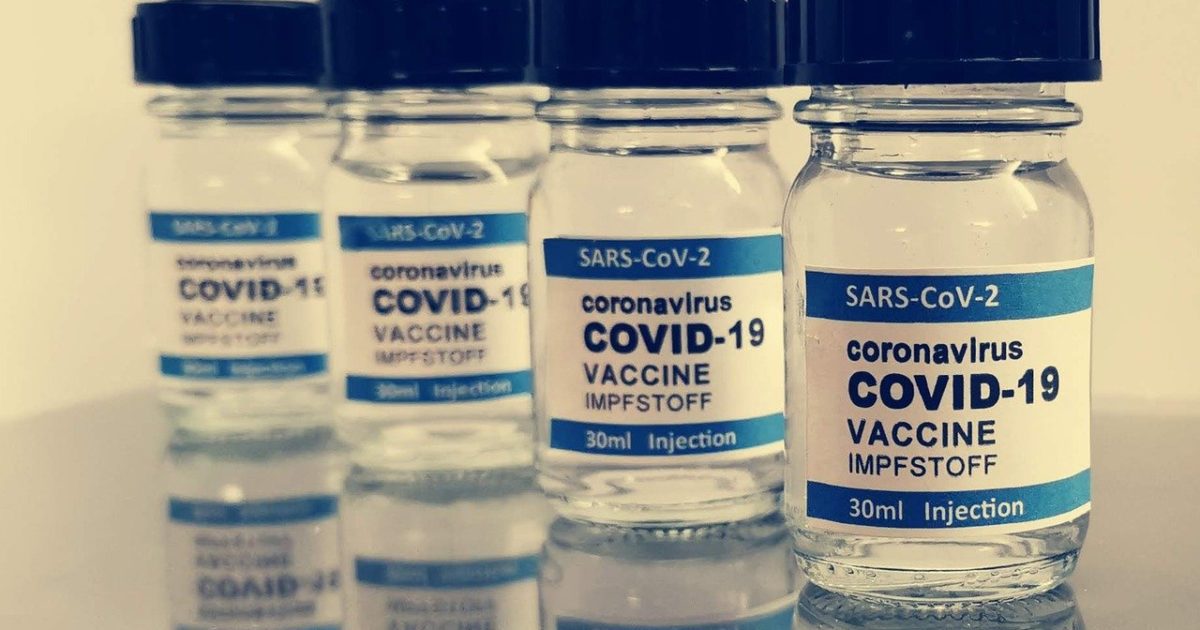Covid vaccine boosters in older people are killing one person for every 800 doses administered and should be withdrawn from use immediately, a leading vaccine scientist has said.
Covid vaccine boosters in older people are killing one person for every 800 doses administered and should be withdrawn from use immediately, a leading vaccine scientist has said. https://t.co/KTOaYN2DRU
— Toby Young (@toadmeister) August 4, 2022
Dr. Robert Malone recently traveled to the Netherlands and did an interview with Marlies Dekkers of the De Nieuwe Wereld Podcast.
The interview also included Dr. Theo Schetters, a Netherlands-based vaccinologist who has played a leading role in the development of a number of vaccines.
Dr. Schetters analyzed the official data from the Dutch Government and found a very close correlation between when fourth vaccine doses were administered in the country and the number of excess deaths.
“Importantly, in the Netherlands the booster rollout in different regions was staggered over a number of weeks allowing an analysis by region, which confirms the effect,” The Daily Sceptic reported.

Dr. Schetters, who is a recipient of the Medal of Honour of the Faculty of Pharmacy at the University of Montpellier in France, told Dr. Malone that medical doctors are currently seeing “all sorts of symptoms that they do not know what it is” and that “in the Netherlands now it’s very clear that there is a good correlation between the number of vaccinations that are given to people and the number of people that die within a week after that.”
Schetters emphasized that all-cause mortality is essential to analyze since the experimental injection “potentially affects all organs.”
Further details from The Daily Sceptic:
So it potentially affects all organs. And that’s what the medical doctors now see, they see all sorts of symptoms that they do not know what it is. And because the adverse effects are so not just single one adverse effect, but can be anything, they surface very difficult to a statistical level. And that’s why we do analysis on all cause mortality, because say, okay, and if we do not know what is exactly related to vaccination, of course, the coagulation problems, myocarditis, we know that, but there are many more things happening at the moment. And so that’s why we look at all cause mortality, and in the Netherlands now it’s very clear that there is a good correlation between the number of vaccinations that are given to people and the number of people that die within a week after that. So let’s say in this week we gave 10,000 vaccinations. Then in this week, we have something like 125 excess in death in that week.
The correlation is striking, he said, to the extent that if you have more vaccines in a week then you also have more excess deaths, and if you have fewer vaccines in a week, you have fewer deaths. Dr. Schetters says he has written to the Director of the Institute of Health in the Netherlands to alert him to the findings.
So what we’ve done is we have written a registered letter to the director of our Institute of Health and presenting the results and expressing my concerns. And just with the question, from a precautionary point of view, please reconsider vaccination strategy because I think this is a real warning. And so it’s not that everybody dies. Actually I do a rough calculation, it’s one in 800
During the interview, Dr. Malone explained that his own organisation, consisting of 17,000 medical practitioners and scientists, has released a statement that the vaccines should be withdrawn as they are no longer justified on a risk-benefit ratio, a statement with which Dr. Schetters agreed. Dr. Malone said:
I stand as the President of the International Association of Physicians and Medical Scientists. So we’re 17,000 that are only physicians and medical scientists, all verified, no nurses, not because we don’t like nurses, but it has to do with the positioning with the press and messaging. So that’s the basis for our organisation.
Dr. Malone posted the transcript from the interview on his substack newsletter.



Join the conversation!
Please share your thoughts about this article below. We value your opinions, and would love to see you add to the discussion!